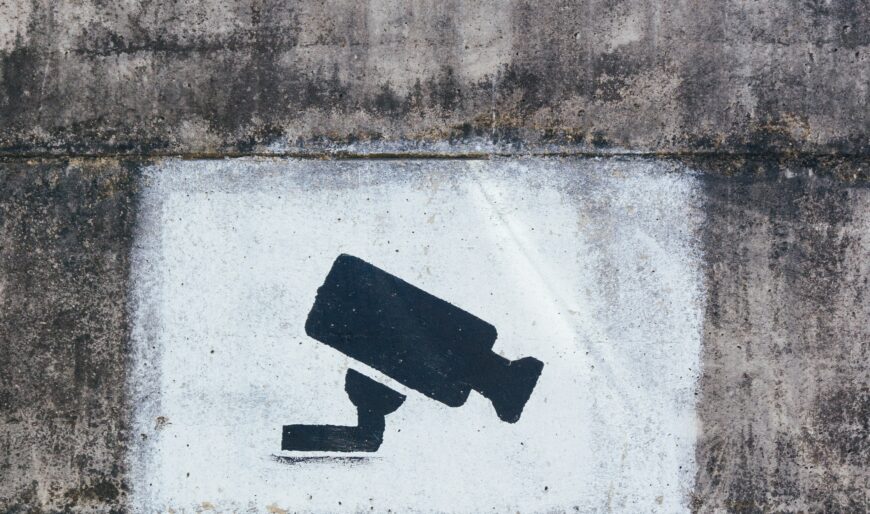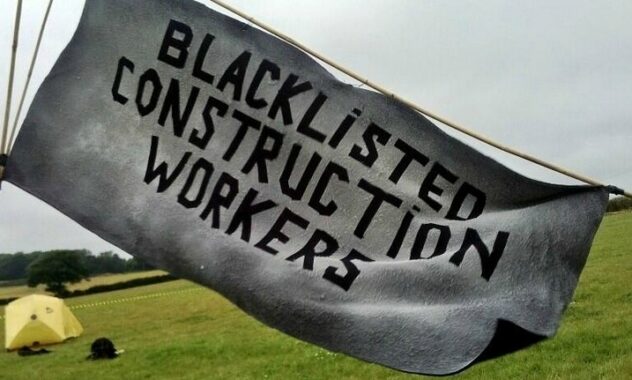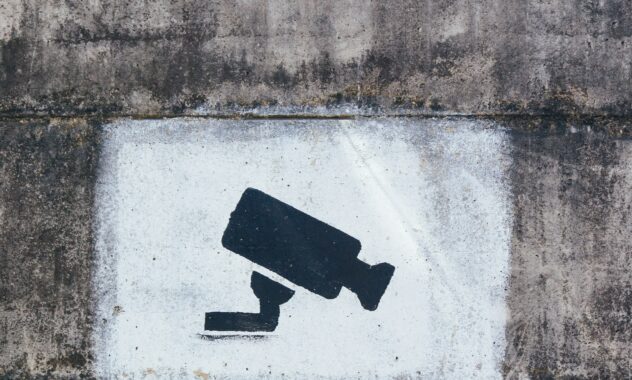Former Employment Secretary for Margaret Thatcher, Norman Tebbit, admitted this week that undercover agents and Frank Chapple, the then-General Secretary of the electricians’ union (EETPU), reported directly to him on the activities of trade unionists in such detail that he knew where labour movement leaders went on holiday.
His confession came at a Parliamentary Zoom meeting organised by Labour MP, Richard Burgon, to discuss the Mitting Inquiry into undercover policing, which has already heard that female campaigners in the trade union movement and beyond were duped into long-term relationships – some resulting in children – with agents acting under a false name.
Tebbit, who is now a Conservative Peer, told the Tuesday evening (16 March 2021) meeting that when he was a member of Cabinet he regularly briefed by Special Branch on both the actvity of trade unions and the private lives of their members.
His admission is the first hard evidence that the SpyCops scandal went straight to the top and that there was knowledge within the highest realms of government that trade unionists were being surveilled.
Campaigners including Unite the Union and former Shadow Chancellor John McDonnell have called for the information he offered up to be the basis of a thorough investigation of government collusion in the suveillance of law-abiding citizens.
“For the last 10 years we’ve been doing this campaign, one of our key questions is, if the police were doing this … how high up the chain did it go?” Dave Smith, Secretary of the Blacklisting Support Group, told the Morning Star.
“And clearly [Mr Tebbit] has been the first who has broken ranks and said: ‘Yes I was a member of the Cabinet and I was getting information supplied to me about union members’.”
Unite Assistant General Secretary, Howard Beckett, said: “The revelations on the collusion between a leader of EEPTU and Tebbit are equally disturbing.” The EEPTU had its TUC membership withdrawn in 1986 for attempting to undermine other unions’ actions during the Wapping Dispute. It later became part of Unite.
“Unite has already instigated a barrister led investigation into concerns about potential collusion between officials and blacklisters, any official found to have acted in this manner will be subject to the union’s disciplinary process,” Howard Beckett said.







